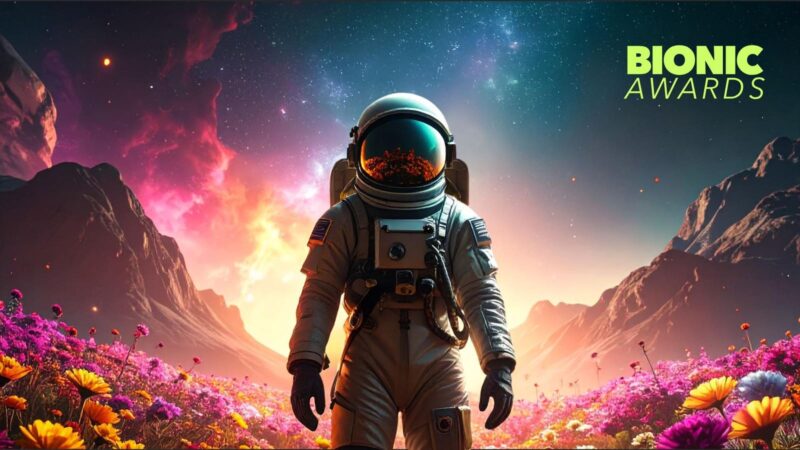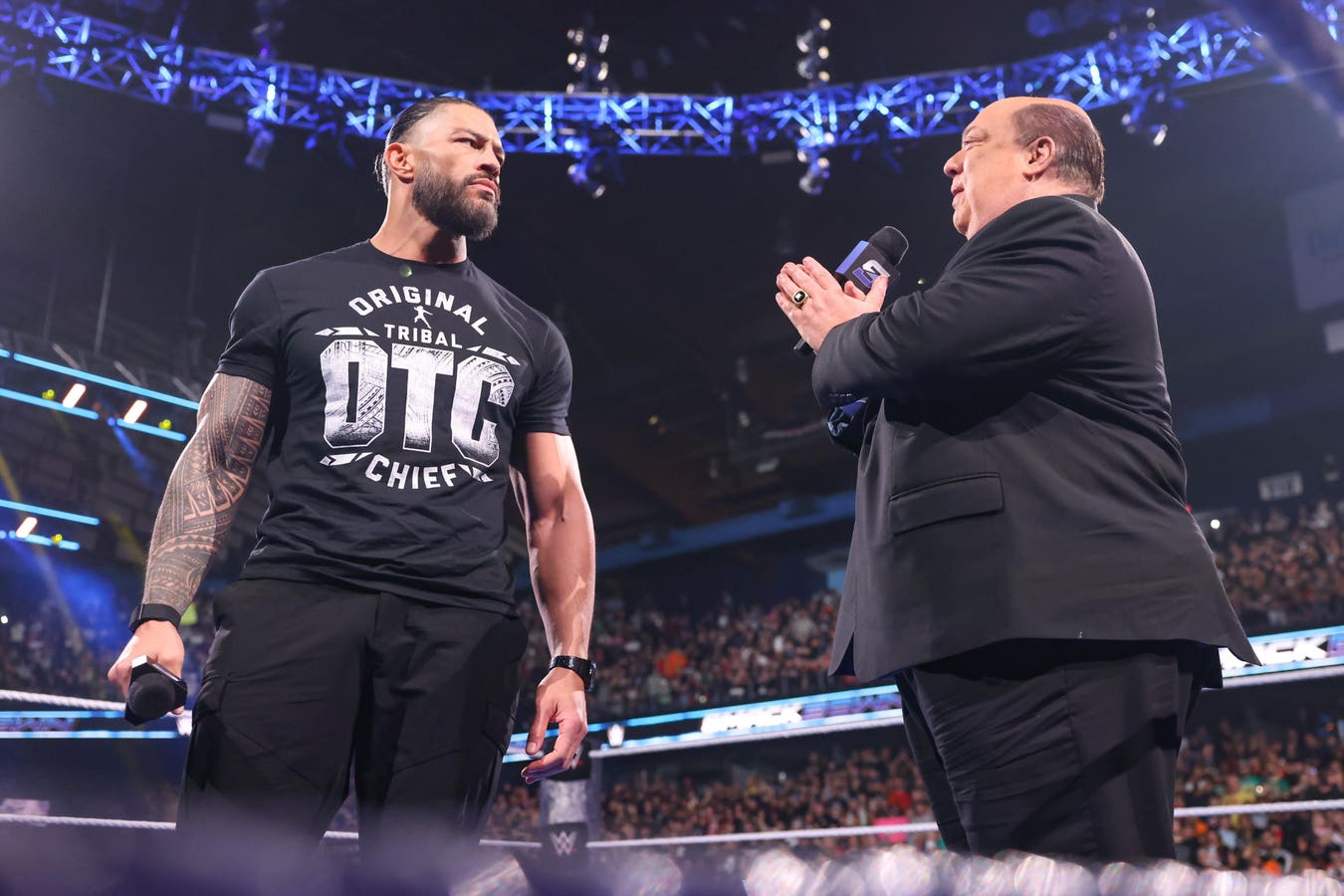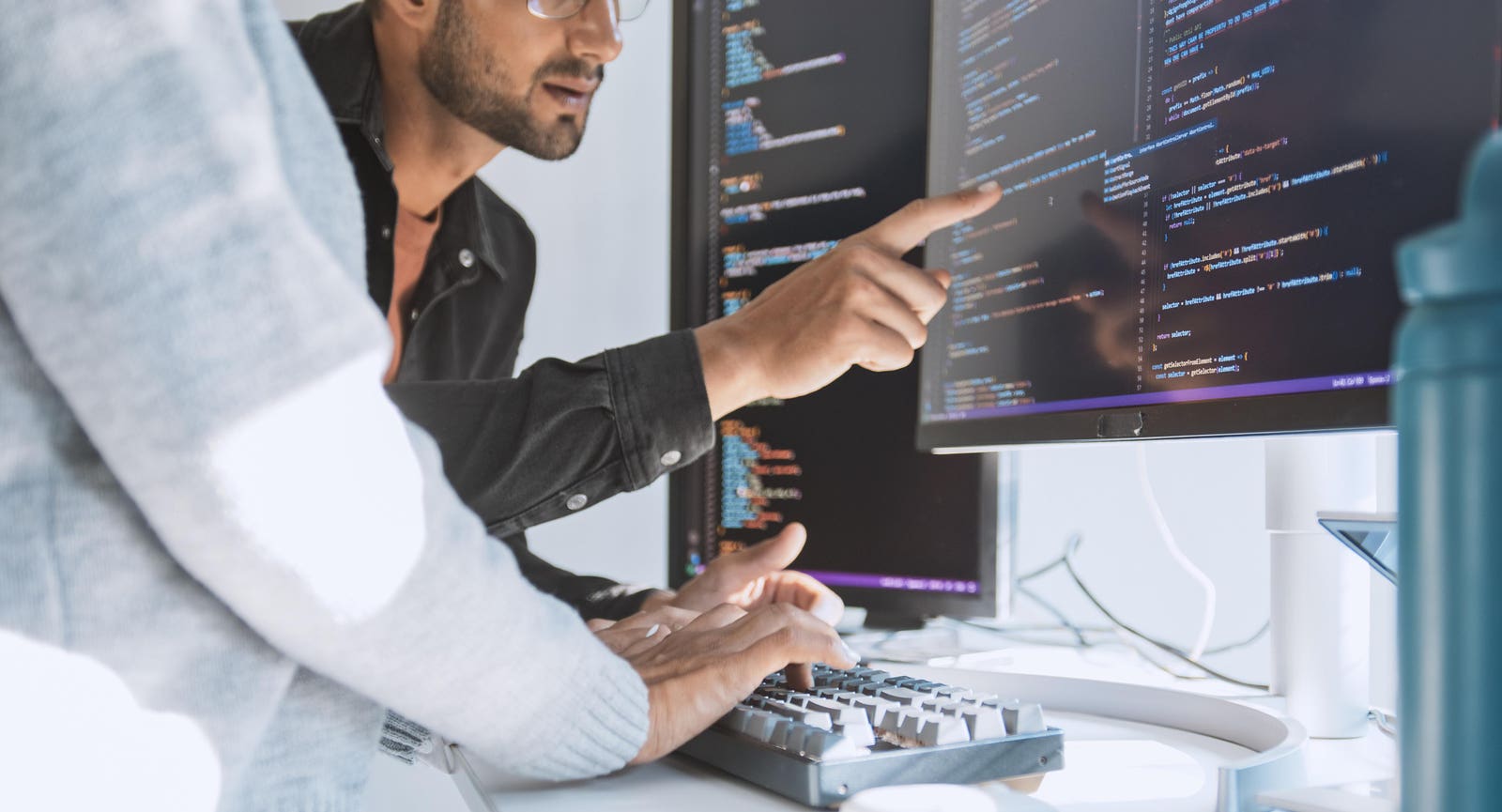Bionic Awards
Bionic Awards
The worlds of creative, AI, tech, and brands are all colliding in new ways in the generative AI age. To highlight talent operating in this next generation, London will host a new showcase for visual storytellers who work with code, creatives, and brands. The Bionic Awards aims to bring visibility to AI creative works from around the world across a dozen categories with a public preview at Rich Mix on December 4, 2025, and a full awards summit in March 2026.
The Bionic Awards founders pitch a simple claim. Tools evolve, but stories still start with people. The awards aim to help the next wave of filmmakers, editors, designers, and creator-founders swim farther, with judges drawn from Pinewood, Coca-Cola’s Studio X, ITV Studios, and major film and brand names.
“The creative universe is being radically reshaped by AI but the best ideas remain distinctly human,” as framed in the release.
What Bionic is Building
Alex Pell, co-founder of the Bionic Awards, chair of London Tech Week 2025, and Technology Editor at The London Standard, explains, “the tide has turned on conventional creativity. You can ignore reality and wait for the waves to find you, or learn to swim.”
The goals of Bionic are not just to parade technology or creatives. The aim is a career-minded program that mixes recognition, training, and deal-making. The structure reflects that intent. The creator economy is front and center in the AI movement, and not a side story as it might have been considered in the past technology waves. Pell draws a line that many in the media echo.
Alex Pell, Bionic Awards co-founder
Alex Pell
Pell cites agency giant WPP estimates that 2025 was a tipping point in the creator economy, with roughly half of ad spend flowing to individual influencers and creators or their platforms rather than traditional channels. Other signals point the same way. A mid-year WPP Media forecast says creators projected to directly earn about $185 Billion as the broader creator platforms surpass legacy outlets. The Guardian and Hollywood Reporter covered the same shift, noting growing creator share and a downgrade to older media growth curves.
The AI world is already testing models for this shift. Consider Runway’s AI Film Festival, which screens finalists in New York and Los Angeles and hands out cash awards to keep projects moving. The 2024 and 2025 programs list winners and prize pools, which gives independent directors tangible proof for investors and buyers.
Cannes Lions also shows a culture under technology innovation. Coverage from Cannes tracked AI sweeping through production plans at big holding companies and noted that 12 percent of entries used AI somewhere in the process. The festival leaned into that debate while adding categories like Social and Influencer and elevating creator-driven work.
In our interview, Pell pushed beyond the usual AI-film shortlist to include digital out-of-home art, one-minute freestyle entries, and specific craft honors like sound and music video. He frames this as a way to give under-served formats a fair shot at the same spotlight.
The Bionic Awards event itself is meant to blend showreel and clinic. Shortlisted creators get stage time to break down how they built their work, then sit with judges who know legal rights, financing, and studio pipelines. Pell makes it clear that the goal is to build sustainable support for creatives in this changing economy.
“If you cannot sell the work safely, you cannot keep doing the work,” said Pell.
Bionic’s aim, then, is not to argue for or against AI. It is to set a bar for human ideas that use AI without losing creativity or authorship, and connect those ideas to commercial paths so that the creator economy can continue to thrive.
Supporting the AI-Augmented Creative Economy
Key to the success of the award event are its line up of judges. The judge lineup telegraphs taste and buying power. Bionic’s roster includes Brandon Baum, Pinewood’s Jens Christensen, and ITV Studios’ Paul Kerrison, Diane Laidlaw, AI filmmaker of Afro Futcha, Pedro Oliver, Senior Creative for The Coca-Cola Company and Studio X, Christos Michaels, Head of Film Group at Lee & Thompson, Ryan Phillips of Uncanny Harry, BAFA-nominated AI filmmaker and former BBC director, and Francesca Palau, Senior Project Manager and creative producer at SpecialGuestX | SGX, among a growing list.
Francesca Palau, Bionic Awards judge
Bionic Awards
Judge Francesca Palau makes it clear that AI is a tool first and foremost. “AI is just like another tool to make creativity more available to everyone,” explains Palau. Her practice favors tangible work, as is evidenced by the music video production for OK Go. Palau shares, “we try to bring AI into tangible objects because that gives it another reality.”
Palau’s team comes from mixed backgrounds. Architecture, mathematics, photography. AI lets them work together with new speed and reach. “It has democratized what creativity can be and I think that’s very important.”
Pushing the Creative Economy Forward in the AI Era
Creatives need to make a living. The awards aim to back the ones who adapt, learn fresh tools, and keep their voice. “We see these as a positive thing because it will enable those who are willing to adopt and embrace, change and adapt, learn new skills, will be able to flourish and we will give them the platform, the opportunity to be able to do that,” said Pell.
He also stresses independence. “We’re not owned by any one technology platform. We don’t have anything specific that we’re trying to sell or an agenda other than to try and give creatives all over the world a brighter future.”
WPP Media’s forecast and follow-ups in mainstream outlets suggest creator-driven platforms will outpace old media revenue in the years ahead. If that holds and if AI is to play a central role, the buyer sits closer to the creator than before, and the line between “influencer” and “director” blurs.









